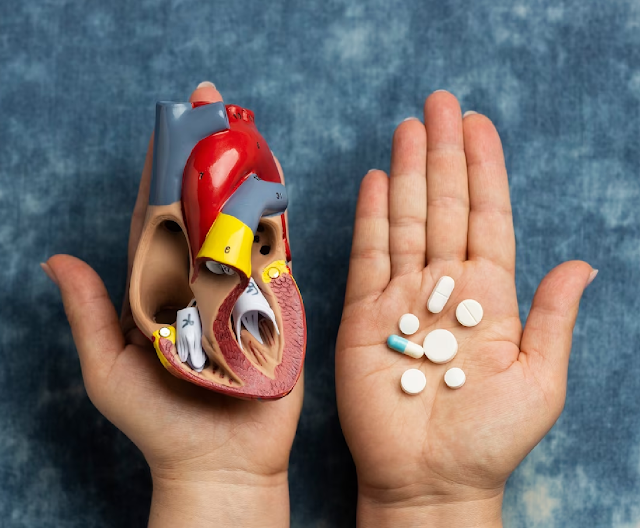Panic Attack vs. Heart Attack: What’s the Difference?

Both panic attacks and heart attacks can cause symptoms such as chest pain, shortness of breath, and rapid heartbeat. These similarities can often lead people to confuse one with the other. However, it is important to understand that the two are very different conditions that require different treatments. Panic Attack A panic attack is a sudden and intense surge of fear or discomfort that typically lasts for a few minutes. The symptoms of a panic attack can be physical or psychological, and often come on suddenly without warning. Common physical symptoms of a panic attack may include chest pain, sweating, shaking, rapid heartbeat, shortness of breath, and dizziness. Psychological symptoms can include a feeling of impending doom or a sense of unreality. Leading cardiac surgeon Dr Ramji Mehrotra says that panic attacks are usually caused by an overactive sympathetic nervous system, which is the part of the body that triggers the "fight or flight" response. This respo


